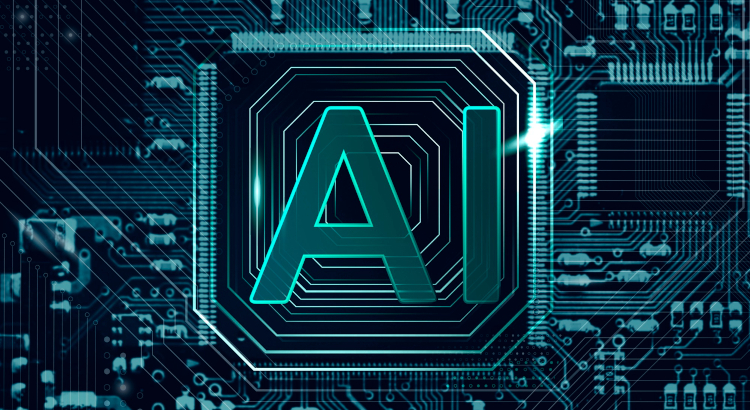Artificial intelligence (AI) is a game-changing technology that has completely transformed several industries with its promise of efficiency and innovation. However, its integration raises concerns about its potential drawbacks. This article delves into the pros and cons of AI.
Advantages and Disadvantages of AI
The pros and cons of artificial intelligence is listed below.
Advantages of AI
Some of the benefits of AI is given below.
1. Eliminates Human Error and Risk
AI systems excel in precision, reducing the likelihood of errors caused by fatigue or oversight. In critical fields such as healthcare and finance, this ensures a higher degree of accuracy and risk mitigation.
2. 24/7 Availability
Unlike human workers, AI operates tirelessly without breaks. This ensures constant availability, making it an ideal solution for tasks that require continuous monitoring or immediate responses, such as cybersecurity.
3. Unbiased Decision Making
AI algorithms base decisions on data and logic, eliminating biases associated with human decision-making. This promotes fairness and objectivity, especially in sensitive areas like recruitment and law.
4. Repetitive Jobs
AI excels at handling monotonous, repetitive tasks that may be mundane or tiresome for humans. This allows human workers to focus on more complex and creative aspects of their work.
5. Cost Reduction
Implementing AI can lead to significant cost savings for businesses. Automated processes can increase efficiency, reduce labor costs, and minimize errors, ultimately contributing to improved financial performance.
6. Data Acquisition and Analysis
AI systems can process vast amounts of data at incredible speeds. This enables businesses to extract valuable insights, make informed decisions, and adapt quickly to changing market conditions.
Useful Article: Are You Utilizing AI in Your Marketing Strategies?
Disadvantages of AI
Check out the drawbacks of AI:
1. Costly Implementation
The initial investment required for developing and implementing AI technologies can be substantial. This poses a barrier for smaller businesses, limiting widespread adoption.
2. Lack of Emotion and Creativity
AI lacks emotional intelligence and creativity inherent in human decision-making. While it excels in logic-based tasks, it may struggle with understanding emotions or generating innovative ideas.
3. Degradation
Artificial intelligence systems can face performance degradation over time. Changes in the environment or data quality can impact their accuracy, necessitating regular updates and maintenance to ensure optimal functionality.
4. No Improvement with Experience
Unlike humans who learn and improve with experience, AI systems do not inherently grow or adapt without explicit programming. Continuous learning models can mitigate this limitation but require careful implementation.
5. Reduced Jobs for Humans
The automation of tasks through AI can lead to job displacement, particularly in industries where routine tasks dominate. This necessitates proactive efforts to reskill and retrain the workforce for roles that complement AI capabilities.
6. Ethical Problems
AI raises ethical concerns, especially in decision-making processes. Issues such as bias in algorithms, invasion of privacy, and unintended consequences pose challenges that demand careful consideration and regulatory oversight.
Major Pros and Cons of AI – In a Nutshell
While AI brings remarkable advantages in terms of efficiency, precision, and innovation, it is essential to navigate its potential risks. The cost of implementation, ethical considerations, and the impact on employment underscore the need for responsible development and deployment.
Image by rawpixel.com on Freepik


